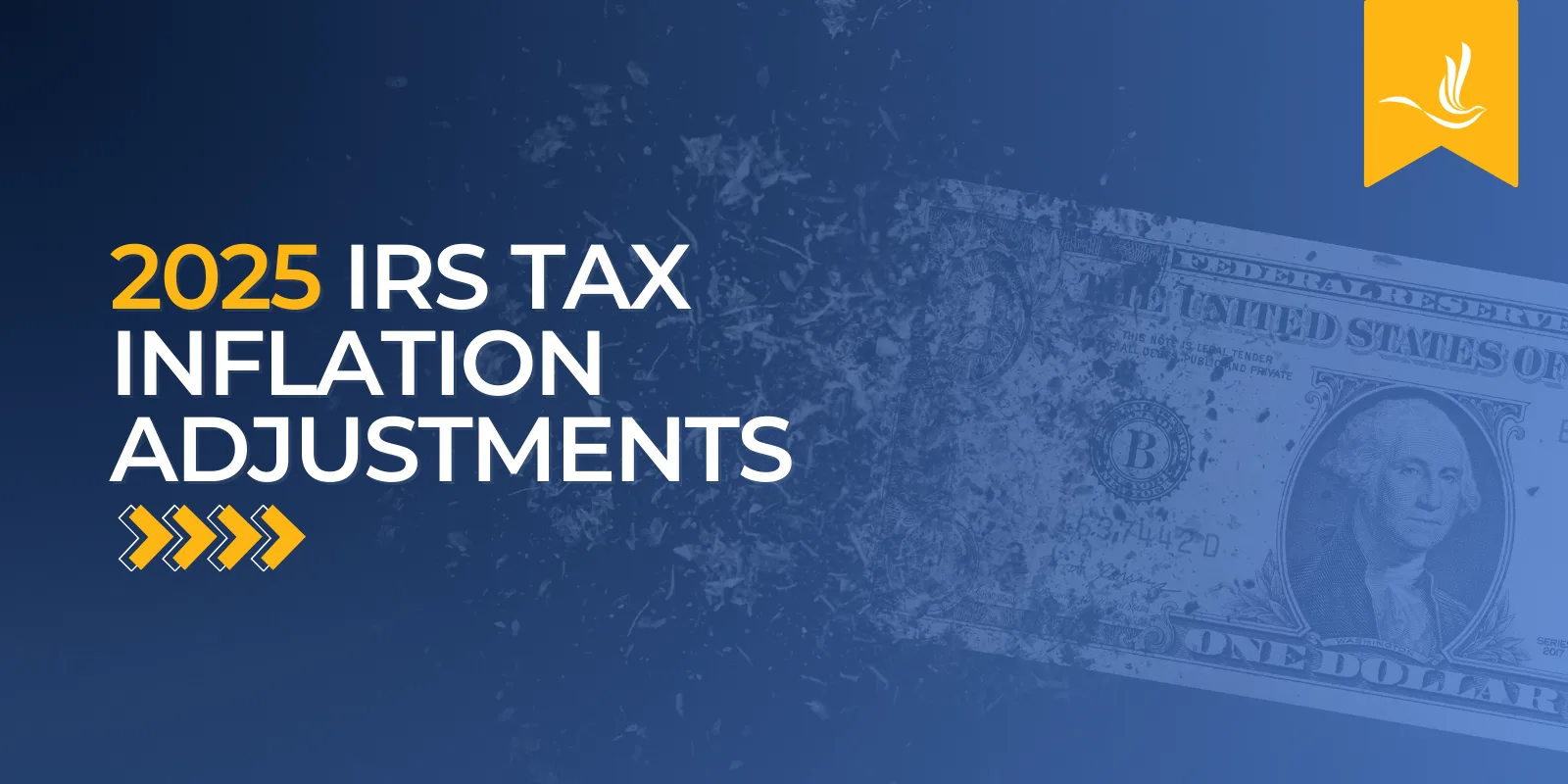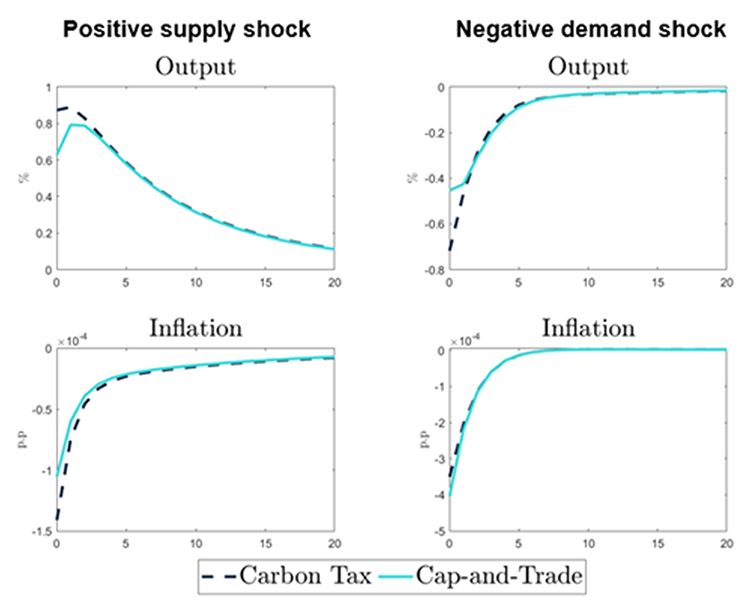The IRS has announced its annual inflation adjustments for 2025, impacting a wide range of tax provisions. These adjustments are designed to prevent taxpayers from being pushed into higher tax brackets due to inflation. We’ve discussed the updated tax brackets and standard deductions in a previous post. Here’s a breakdown of the other most significant changes for 2025.
Alternative Minimum Tax (AMT) Exemption Amounts
The AMT exemption amounts for 2025 have increased to provide relief to middle- and upper-middle-income taxpayers. While the Alternative Minimum Tax ensures that high-income earners pay at least a minimum level of tax, the AMT exemption acts as a deduction from AMT income. This effectively lowers the income subject to the AMT. Single filers can take advantage of an $88,100 AMT exemption while those married filing separately can exclude $68,650. The AMT exemption starts to phase out once income reaches certain thresholds. The exemption begins to phase out at $626,350 for single filers and those married filing separately. Married couples filing jointly will see an exemption of $137,000 in 2025, which will begin to phase out at $1,252,700.
Earned Income Tax Credit (EITC)
For low- and moderate-income earners, the EITC helps reduce the tax liability of low- to moderate-income workers, especially those with children. The maximum EITC for 2025 will be $8,046. The amount a taxpayer will qualify for will depend on their income threshold and the number of qualifying children they claim on their tax return.
Estate Tax Credits and Exemptions
The federal estate tax exemption allows estates below a certain threshold to transfer wealth tax-free, with the credit reducing the tax owed on larger estates. For 2025, the estate exemption will increase to $13.99 million per individual (or $27.98 million for married couples), up from $13.61 million in 2024. This change allows wealthier estates to transfer more wealth tax-free.
Annual Exclusion for Gifts
The gift tax exclusion is an annual tax-free limit on the amount an individual can gift to another without triggering federal gift tax reporting. This limit will rise to $19,000 per recipient, up from $18,000 in 2024. Taxpayers can gift this amount to as many individuals as they like without affecting their lifetime exemption.
Adoption Credits
The adoption credit is a nonrefundable tax credit that helps offset qualifying adoption expenses, with income-based phaseouts. The maximum adoption credit for 2025 will increase to $17,280 per eligible child, up from $16,810 in 2024. Income phaseouts for the credit will also be adjusted upward.
The maximum contribution limit for health flexible spending accounts (FSAs) in 2025 will rise to $3,300, up from $3,200 in 2024. The carryover limit for unused funds will increase to $660, giving participants greater flexibility in managing healthcare expenses.
Qualified Transportation Fringe Benefit
The Qualified Transportation Fringe Benefit is a tax-free benefit that employers can offer to their employees to help cover commuting expenses. The 2025 monthly limit for employer-provided transportation benefits will increase to $325 for parking and transit, up from $315in 2024. This adjustment reflects rising costs for commuting and parking.
Foreign Earned Income Exclusion
The foreign earned income exclusion for 2025 will rise to $130,000, up from $126,500 in 2024. This adjustment helps expatriates offset the increased cost of living abroad. Be sure to understand all the requirements of excluding foreign earnings.
Medical Savings Accounts (MSAs)
An MSA is a tax-advantaged savings account for individuals with high-deductible health plans to cover medical expenses, with contributions and withdrawals subject to specific rules. In 2025, the annual deductible for self-only coverage cannot be less than $2,850 but not more than $4,300. The maximum out-of-pocket expenses for self-only coverage will increase to $5,700. In addition, family coverage figures have been adjusted. The minimum annual deductible for family coverage will be $5,700, but no more than $8,550. The maximum out-of-pocket expense limit for family coverage will be $10,500.
Tax Help in 2025
These inflation adjustments for 2025 provide financial relief across various tax provisions, ensuring that taxpayers can maintain their purchasing power amidst rising costs. Understanding these changes is crucial for effective tax planning, so consult a tax professional to make the most of these updates. Optima Tax Relief has over a decade of experience helping taxpayers get back on track with their tax debt.
If You Need Tax Help, Contact Us Today for a Free Consultation
Publisher: Source link











